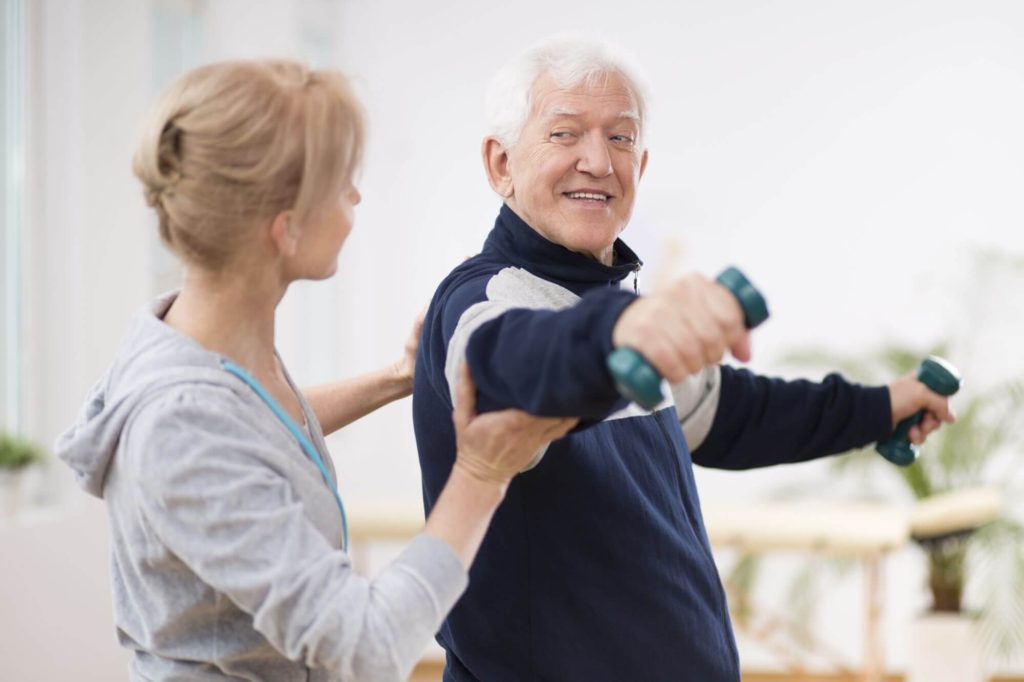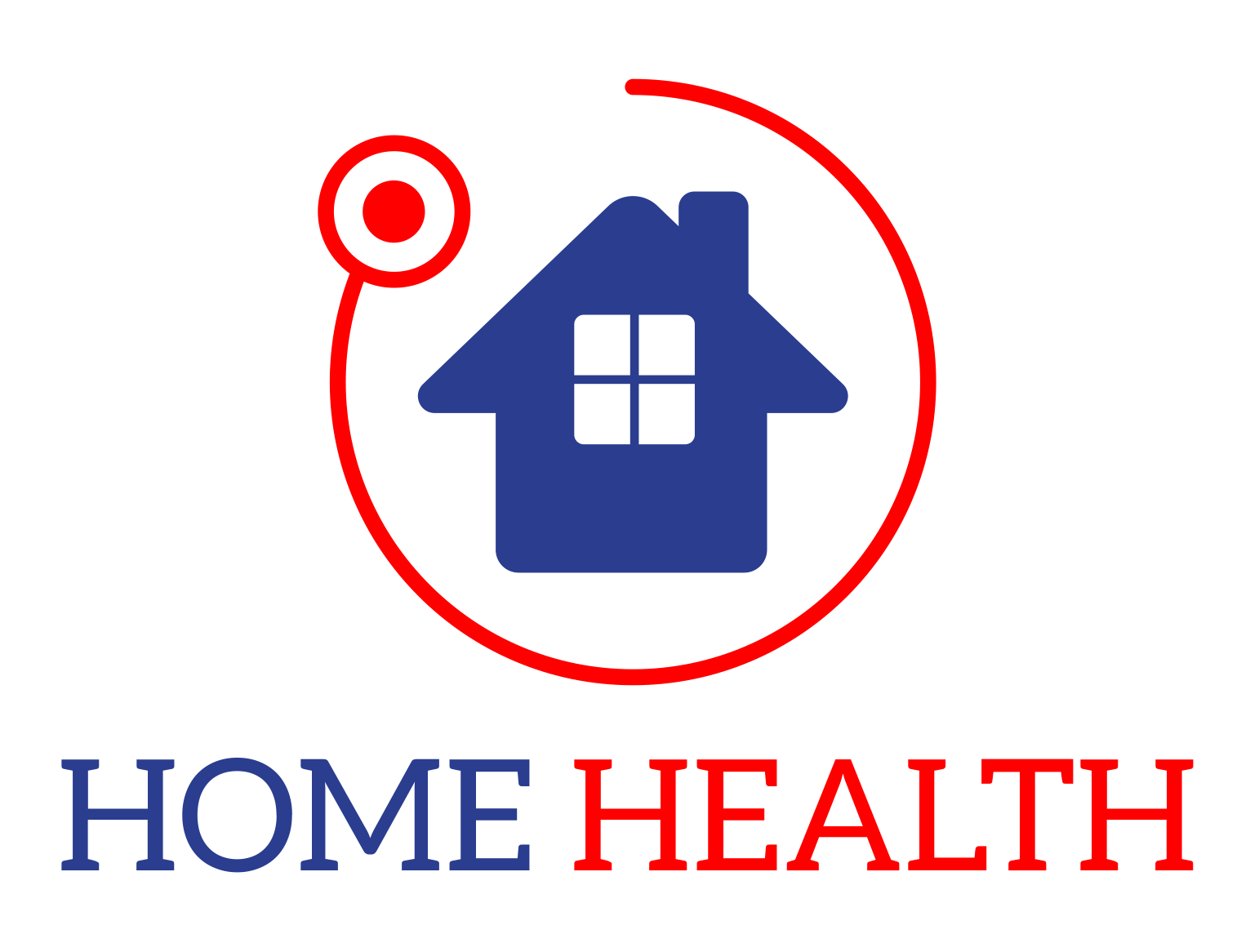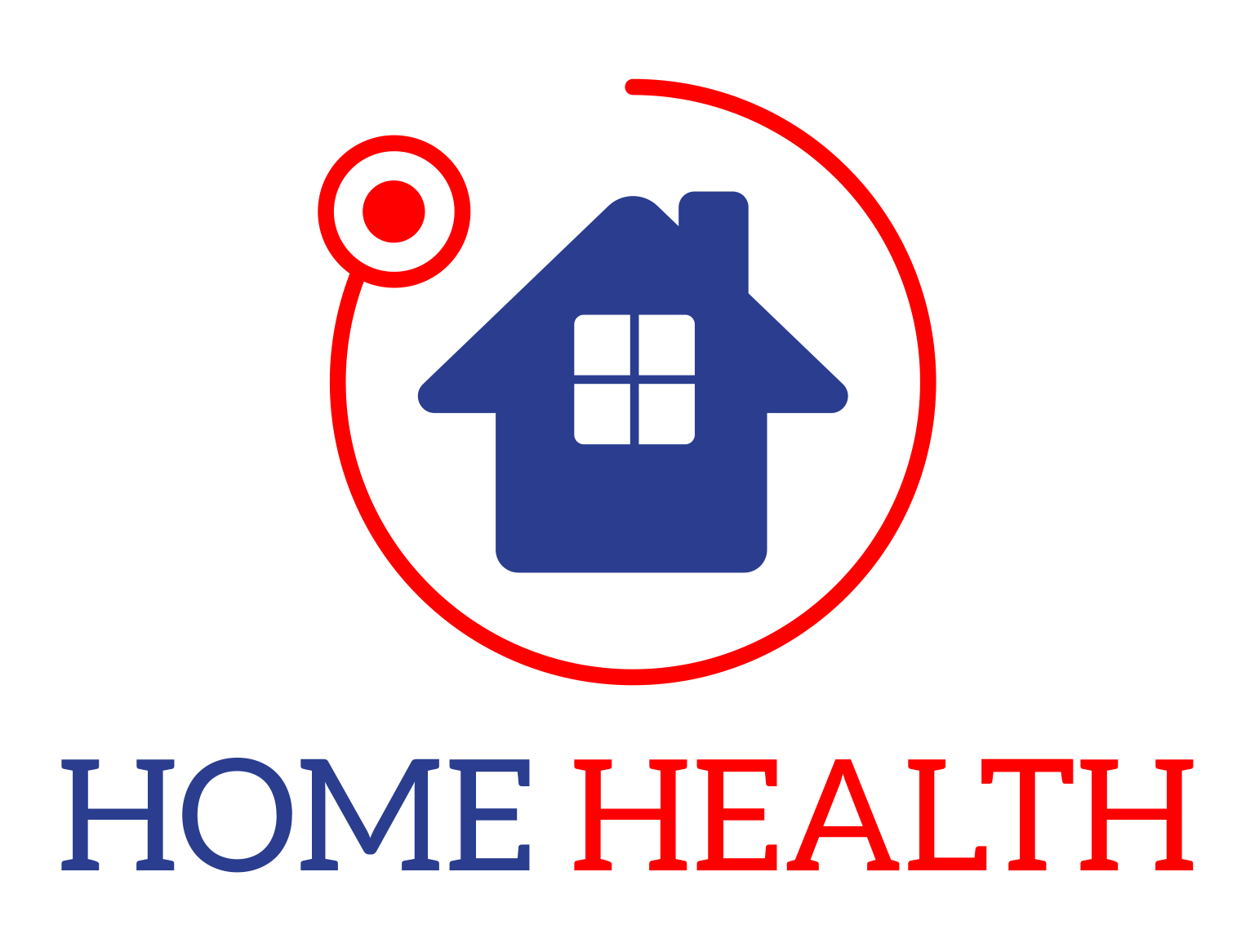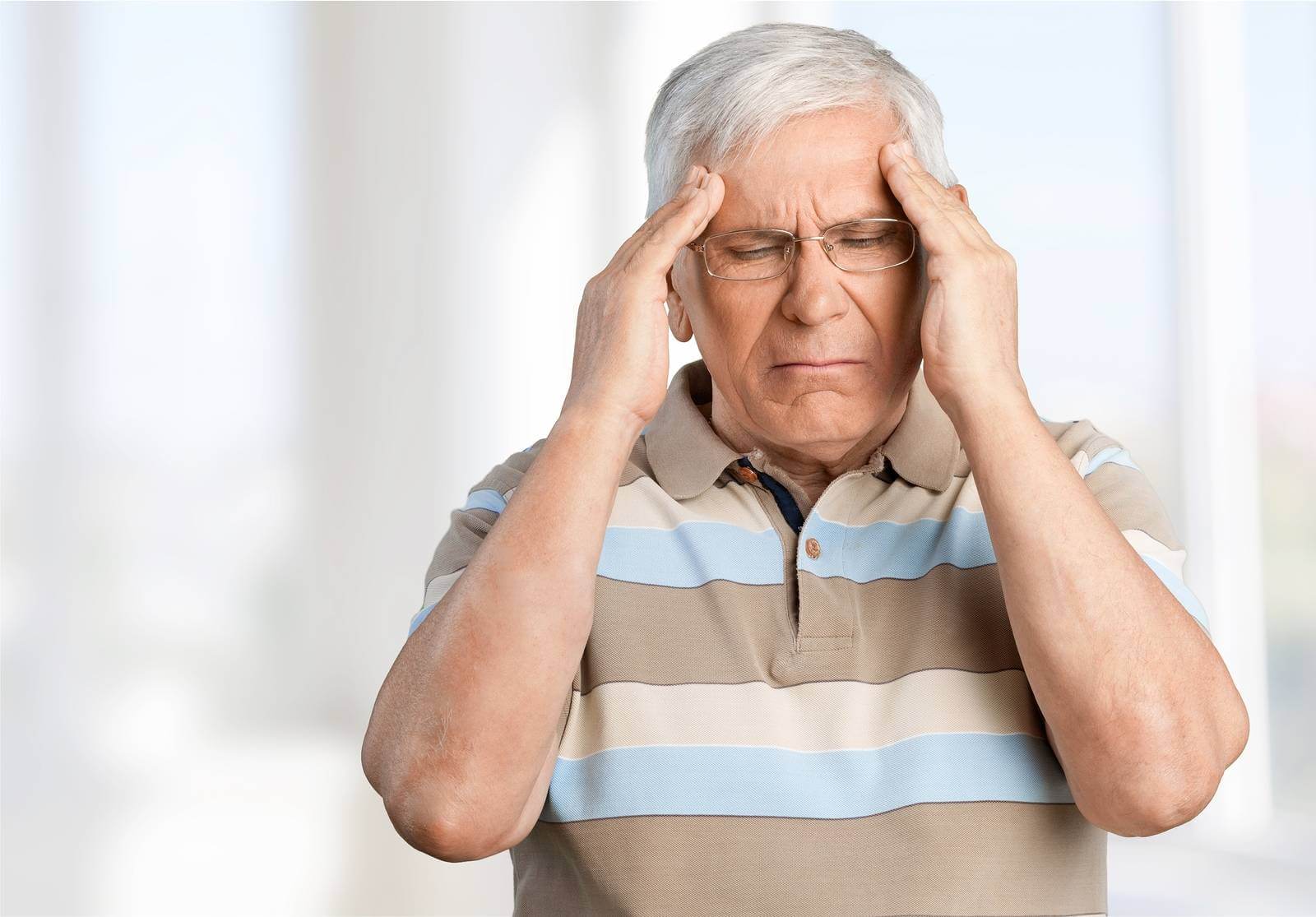What is Stroke?
Strokes, also referred to as cerebrovascular accidents or transient ischemic attacks, occur when the flow of blood to the brain is impeded. The blocking of blood to the brain makes it impossible for this vital organ to obtain the nutrients and oxygen necessary for functionality. Brain cells start to perish in mere minutes if nutrients and oxygen are not transmitted as necessary. Blood on the brain also has the potential to result in a stroke if brain cells are compromised.
In summary, strokes are significant medical emergencies. Strokes have the potential to lead to permanent brain damage. If the stroke is severe enough, it will lead to long-term disability. There is even the potential for stroke to lead to death.
If you suspect someone you love has suffered a stroke, don’t hesitate to ask for medical assistance. Stroke rehab highlighted by assistance provided by a homecare services provider facilitates a timely recovery.
What Are the Types of Strokes?
There are different types of strokes yet few people take the time to explore these variations as there is a general misunderstanding that all strokes are the same. Each of the strokes prevents blood flow to the brain. The types of stroke are as follows: Cryptogenic stroke resulting from an unknown cause, brain stem stroke, ischemic stroke, hemorrhagic stroke and the miniature stroke that is a transient ischemic attack.
Why are strokes more common in the Elderly?
Strokes are especially common in seniors as their chronic health conditions heighten the chances of such a medical event. The chances of a stroke significantly increase with heart disease, high cholesterol, diabetes and heart problems. The elderly tend to live sedentary lives, meaning they lack the blood flow necessary to transmit blood to the brain and function like a normal human being. The combination of health issues, sedentary living, weight gain and the lack of physical activity all play a part in increasing the chances of a stroke after the age of 60.
What causes a stroke in an elderly Person?
Strokes in senior citizens are the result of insufficient blood flow. As noted above, blood flow declines with age due to health complications and sedentary behavior. Strokes ultimately harm the brain and cause a lasting disability or possibly even death.
Top signs and symptoms of stroke in Elderly
If you think a family member is experiencing a stroke, don’t assume he or she will be fine without medical attention. Err on the side of caution by asking for medical assistance and you just might save your loved one’s life. The startling truth is stroke is one of the top five leading causes of death in the country.
The most common indications of stroke range from numbness along the body or a side of the face to paralysis, general weakness, dizziness, difficulty walking, flawed coordination, the rapid onset of a headache, issues seeing, confusion when speaking or numbness along one side of the body. Furthermore, double vision and repeated vomiting along with excessive drowsiness. Verbal missteps such as mispronouncing or failing to fully pronounce words are mini stroke symptoms in the elderly.
Effects of stroke in Elderly
Seniors who suffer a stroke find life is difficult to live in the ensuing months and potentially across posterity. Seniors recovering from stroke have issues with both physical and mental health after the event.
Stroke victims often find it is difficult to achieve balance, maintain coordination, remain energized and live a normal life. Paralysis victims also have the potential to feel weak in the aftermath of the event and possibly even across posterity. These negative health outcomes are the direct result of the failure of the body’s blood to transport oxygen to the brain.
You are not powerless in the ongoing battle against strokes and other health issues that arise throughout the aging process. The effects of a stroke on the elderly are severe yet you and the seniors in your life can significantly reduce the chances for such an event by following the advice detailed below.
How to prevent stroke in Elderly
It is in your interest to be proactive in the context of caring for the seniors you love as elderly individuals who suffer a stroke find it is challenging to enjoy life thereafter. You can do your part to prevent a stroke in your parent or yourself by keeping your blood pressure under control. If you smoke, stop. Have your cholesterol checked regularly and make a concerted effort to keep it under control. Continue to consume healthy foods and exercise with regularity. If you have diabetes, go out of your way to keep it in check.

How to treat heat stroke in Elderly
If you suspect your loved one has heat stroke, dial 911 for emergency medical assistance. Move the victim out of the hot air and into an air conditioned space indoors. Direct the victim to lie down flat on the ground. If it appears as though the victim can swallow, provide water or juices for hydration as opposed to diuretics and stimulants such as caffeine.
Can you recover from a stroke at home?
Indeed, it is possible to recover from a stroke on one’s own yet doing so is unlikely. Most stroke victims have at least one care provider. If your parent, grandparent, aunt, uncle or other relative suffers a stroke, don’t assume you can provide the entirety of the assistance on your own. Stroke patients who bounced back from this unfortunate medical event at home following 10 days in the hospital enjoyed a faster recovery than others. The same group of patients also enjoyed a faster return time to their home life than those who remained in the hospital.
The key takeaway from these results is that it is possible to quickly and completely recover from a stroke without leaving home with the appropriate care. Assistance from a homecare service provider makes stroke recovery in the comfort of home that much more comfortable, expedites the process and ultimately returns the patient to at least a semblance of a normal life.


